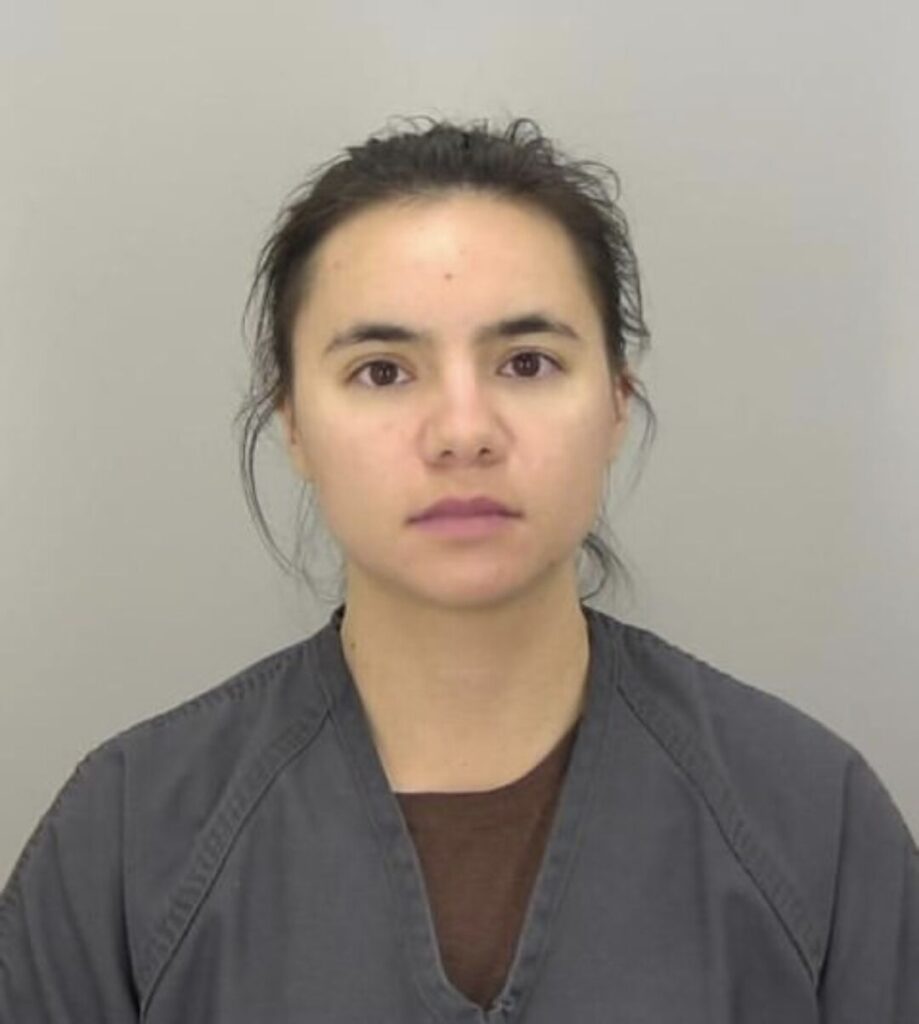Appeals judge warns Colorado mental health law is unconstitutional

Although a panel of judges on the Court of Appeals decided a man was properly committed to the Colorado Mental Health Institute in Pueblo for turning down a psychiatric evaluation, one judge indicated she believes the practice is unconstitutional.
JoAnn L. Vogt, a retired Court of Appeals judge who sat on the panel hearing the case of John S. Cruz, indicated in a dissenting opinion last week that the state law automatically returning a person to the 494-bed psychiatric hospital in Pueblo for refusing to cooperate in an evaluation is – in her view – a violation of defendants’ constitutional rights.
“In Foucha v. Louisiana, the Supreme Court held that an individual committed to a mental institution following an acquittal by reason of insanity can be confined only as long as the individual is both mentally ill and dangerous,” Vogt wrote. A “failure by the state to prove both conditions by clear and convincing evidence violates substantive due process protections.”
The 2-1 decision from the appellate panel on August 19 featured Vogt in the minority, with Judges Jaclyn Casey Brown and Anthony J. Navarro deciding to uphold Cruz’s psychiatric commitment. However, the judges in the majority conceded the trial court made multiple errors in Cruz’s case.
A jury found Cruz not guilty of murder by reason of insanity in 1992, resulting in his commitment to the Colorado Mental Health Institute. The facility is a psychiatric hospital under the Colorado Department of Human Services, which also has a contract with the Department of Corrections to provide care to inmates.
In 2004, Cruz earned temporary physical removal from the hospital, a step toward regaining his freedom. Two years later, he received conditional release, and for the next decade he undertook counseling, psychiatric treatment and medication to stabilize and treat his mental illness.
But by 2017, the government became concerned about Cruz. He reportedly suffered from anxiety, was not taking his medications and received threats from his ex-girlfriend. Cruz also was awarded a financial settlement from an automobile accident, but in addition to demands from his ex-girlfriend for money, the settlement allegedly put Cruz’s Social Security benefits in jeopardy.
He voluntarily readmitted himself to Pueblo facility in late 2017, but staff were worried about his abuse of prescription medication and his handling of his finances. The government moved for Cruz’s arrest and to revoke his conditional release.
A psychiatrist attempted to meet with Cruz for a court-ordered examination, but Cruz quickly realized he did not want to continue the evaluation. Under Colorado law, if a person refuses to cooperate with the examination, the trial court “shall revoke” the conditional release. On Sep. 5, 2018, Pueblo County District Court Judge William Alexander decided revocation was necessary.
Appealing Alexander’s order, Cruz argued the automatic revocation law was unconstitutional because it violated both U.S. Supreme Court and Colorado Court of Appeals precedent. In the 1992 Foucha decision, the Supreme Court established that the government may not continue to hold a person committed on an insanity verdict unless they are both dangerous and mentally ill.
Five years later, a state Court of Appeals panel ruled the government has to prove that whichever condition of release a person violated substantially relates to their mental illness.
Non-cooperation with a mental health exam “has no bearing on – let alone a substantial and individualized nexus to – an individual’s dangerousness and mental illness,” Deputy State Public Defender Meredith O’Harris wrote to the appellate panel in Cruz’s case. “Obviously, an uncooperative individual can be mentally stable and safe for release. In turn, noncooperation cannot be an automatic basis for revocation as a matter of due process.”
Matthew Holman of the Colorado Attorney General’s Office in turn argued that the circumstances of Cruz’s life at the time suggested mental illness and dangerousness.
“If the defendant refuses to participate in the examination, the psychiatrist is unable to assess the level of his mental illness or potential future dangerousness,” Holman told the judges during oral arguments. “Under those circumstances, they can’t possibly agree to his release.”
Navarro, writing for himself and Brown in the majority opinion, declined to analyze in detail whether the statute was unconstitutional. Because Cruz had not raised his objection in the trial court, there was insufficient information to make a decision.
The panel’s opinion was unpublished, meaning it is not intended to set a precedent.
But Vogt believed Cruz’s challenge to Colorado’s law was a serious constitutional issue that should be decided nonetheless.
“At the time of Cruz’s hearing, it was well established that, under Supreme Court precedent and Colorado law, due process requires that the state prove that a confined insanity acquittee is both mentally ill and dangerous before the individual can be kept in confinement,” she wrote. “The violations cited by the district court here – ‘impulsive behaviors regarding finances and abuse of prescribed medications’ – do not evidence future dangerousness or mental illness.”
In fact, the psychiatrist’s report from briefly meeting with Cruz cited his “antisocial personality disorder,” the same condition the Supreme Court in the Foucha case found did not warrant continued commitment.
Vincent Atchity, president and CEO of the advocacy group Mental Health Colorado, shared Vogt’s concern that automatic psychiatric commitment solely as a result of a person’s noncooperation may amount to an unlawful infringement on their liberty.
“For the sake of preserving the health and safety of the community, I can understand the revocation of an individual’s conditional release based on assessed threat,” he said. “For the sake of preserving the civil rights of an individual to have an opportunity to thrive in a least restrictive environment, however, I’m skeptical about revocation of conditional release when the deprivation of liberty is not based on the due process of assessing for threat to safety, but rather on a non-criminal failure to comply with an administrative requirement.”
Cruz also attempted to overturn the district court’s decision by contending there were other violations of Colorado law. He claimed his conditional release order did not warn him about the procedures for revoking his release, that his evaluation occurred outside the legal window, that the court failed to list the particulars of the examination, and that the psychiatrist failed to record the exam with audio and video. Also, Cruz alleged the trial court improperly denied his request for an evaluation using an expert of Cruz’s choice.
With the exception of the first allegation about conditional release procedures, Navarro acknowledged in the majority opinion that the remaining items were indeed legal violations by the psychiatrist and Alexander, the district court judge.
“We agree that the procedure did not fully comply with some statutory requirements,” wrote Navarro, “but we find no reason to reverse.”
The Colorado Mental Health Institute originally opened in 1879 as the state’s insane asylum. It became the Colorado State Hospital in 1917, and would eventually house at its peak 6,100 patients across 75 buildings. It received its current name in 1991. A 2009 audit reported that the facility treated 2,100 inpatients and provided outpatient medical services to 880 inmates.
The case is People v. Cruz.














